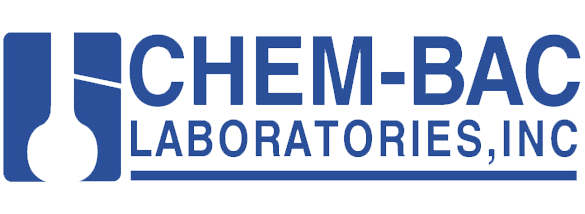Gasoline is a blend of volatile liquids and is the most predominant petroleum distillate used for spark-ignited internal combustion engines. About half of the worlds crude oil is used to produce gasoline. The volatiles found in gasoline are unstable and tend to oxidize over time. Oxidation, or the reaction of the liquid with oxygen, is the most common problem encountered with gasoline and can lead to the formation of solid contaminants. External contaminants are also encountered leading to “gum residues” or “non-volatile” residues that remain after the gasoline has evaporated. These contaminants can cause clogged fuel filters and fuel injectors and can damage fuel pumps and carburetors.
A new common additive, or blending agent, to gasoline is Ethanol (alcohol). Gasoline-ethanol blends are particularly likely to absorb moisture and can separate into two phases. Gasoline that has undergone phase separation is unusable and will damage engine components. The separated fuel/ethanol/water mixture will clog fuel filters, corrode engine components, reduce octane, and decrease the efficiency and life of engines.
We perform gasoline testing for pipelines, gas stations, car dealerships, insurance companies, terminals, mechanics, and individual vehicle owners. Every problem is unique and will require a specialized testing protocol. Chem-Bac Laboratories will utilize the testing procedures outlined in ASTM D 4814 “Standard Specification for Automotive Spark-Ignition Engine Fuel” as a guide to solve even the most complex problems encountered with gasoline.

